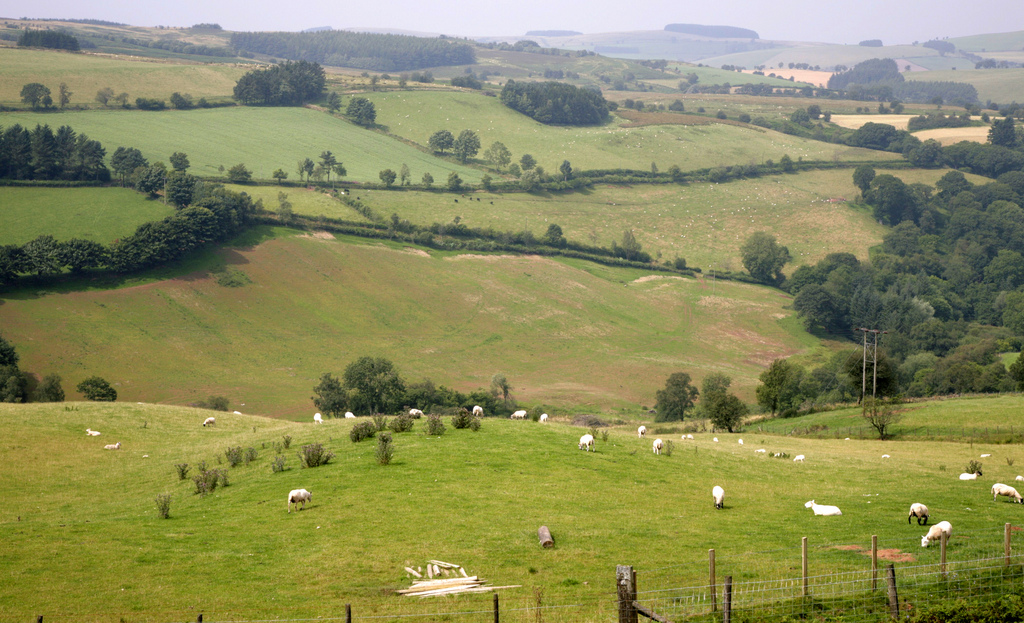
The Government has agreed to apply environmental impact assessment (EIA) to common land, bringing government policy into line with EU law.
New regulations were laid before parliament on 25 April and take effect on 16 May.
In future, works on common land — typically to erect fencing — will have to be assessed against the requirements of EIA.
EIA is a process set out in a series of EU directives which seeks to ensure that proposals for development that are likely to have a significant effect on the environment are subject to a requirement for development consent and an assessment of those effects before the development is allowed to proceed.
If applicants want to carry out works beyond a threshold, set out in regulations, they will have to seek an EIA screening opinion from the government’s adviser Natural England, to decide whether a full EIA is needed.
The screening opinion, and an EIA, are in addition to the requirement for consent to works on common land under section 38 of the Commons Act 2006.
'Been in breach for decades'
Commenting on the Government’s decision, Open Space Society's case officer Hugh Craddock said: "We are delighted that the Government has seen sense and applied the requirements of environmental impact assessment to commons.
"There has never been any lawful excuse for exempting commons from EIA, and England has been in breach of the EIA directives for decades.
"Now, proposals for extensive fencing on commons will be subject to the same holistic assessment process as on any other land—that is wholly right, but long overdue."
Hugh continued: "We are sorry to see that Defra has not yet explained how the requirement for EIA will fit in with the assessment of applications for works on common land—we say that applicants should have to clear the screening process before applying for section 38 consent.
"It would be outrageous if applicants, objectors and the Secretary of State had to waste time on a section 38 application, only to find that the entire project had been called in for a full EIA assessment."
Common land is land subject to rights of common, to graze animals or collect wood for instance, or waste land of the manor not subject to rights. The public has the right to walk on nearly all commons, and to ride on many.
